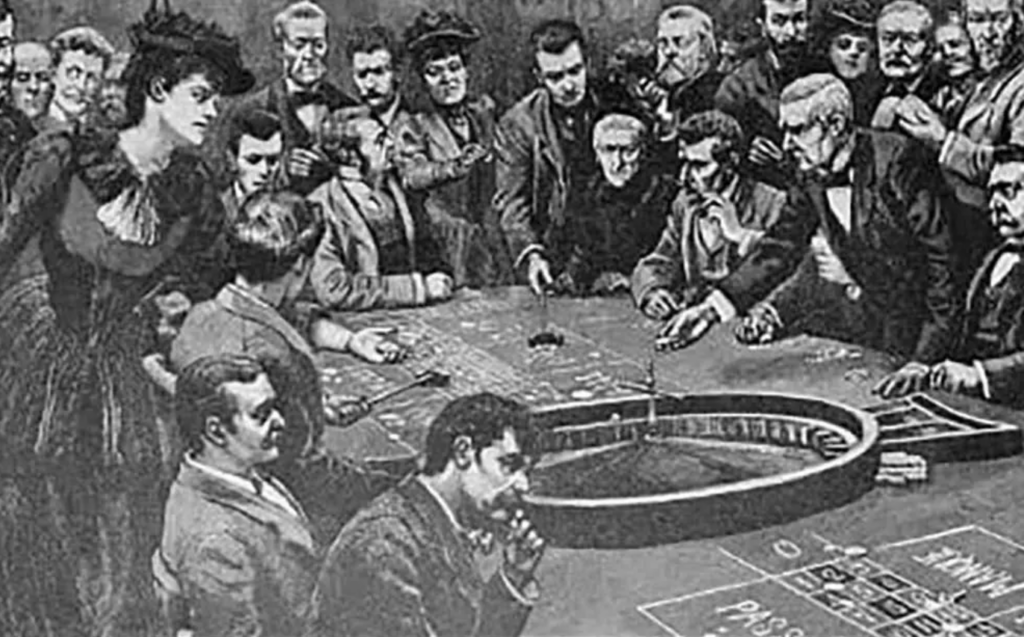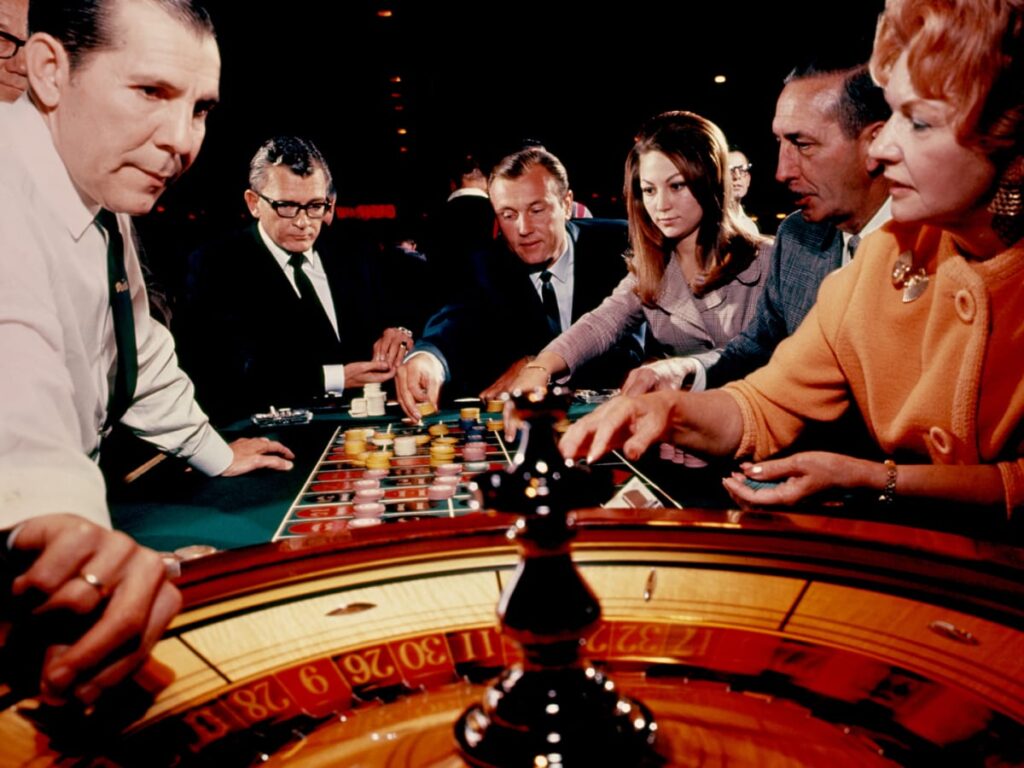Ever wondered who first invented the gambling haven known as the casino? You’re in luck! In this article, we’ll uncover the fascinating story of how casinos became part of our world.
From its origins in Italy to modern gaming venues, discover who created the first ever casino and why it remains an important part of our culture today.
Since then, they have become increasingly prevalent across the world as countries seek to capitalize on gambling as a source of revenue. Las Vegas was transformed after an act of legislation in 1931 introducing legalized gambling and has since become famous worldwide for its casinos featuring games such as poker and roulette.
It is fascinating to see how far this industry has come since its inception. With the advent of the internet, players now have access to the best real money casino sites, which offer a wide range of games and exciting online gaming experiences. From its humble beginnings to its current status as an international powerhouse of profit-driven leisure entertainment, casino gambling has come a remarkably long way in just over 300 years – a testament to humankind’s inexhaustible creativity!
History of Casinos

Today, they are an integral part of the global hospitality industry and draw tourists from around the world. The history of them, however, stretches back much further than many people may think.
The earliest concept of them is said to have been invented by an Italian mathematician named Blaise Pascal in 1655. He created a spinning wheel game as part of his research into perpetual motion machines which could have resulted in a casino game had it been seen to fruition; however, this early attempt at what would become a major industry was unsuccessful.
The first recorded casino was established in 1638 in Venice, Italy, when a popular bingo-like game called “Il Ridotto” was opened by the government to generate revenue from taxes and fines. Although it had been outlawed at various times during its long history, this Venetian institution remains to this day Europe’s oldest operating casino.
Other elements involved in modern casinos emerged later in the 18th and 19th centuries. For example, lotteries – the forerunners of modern slots – were first sanctioned by the government during this period while roulette was invented during this time in France and subsequently spread throughout Europe.

Later on during the 1920s, most states began legalizing forms of gambling such as betting on horse racing or high stakes bingo to help stimulate their economies as they emerged from prohibition. This allowed for physical establishments that featured games such as blackjack or poker that were popular among gamblers during this era.
With the advent of technology, online casinos emerged during the 1990s giving rise to an entirely new way for people to gamble outside traditional brick-and-mortar locations. To today’s standards, these platforms might not seem particularly advanced; however, they provided a platform for players from all around the world to place bets at any time with just a few clicks or taps on their device screen!
Origins of the First Casino

They are a popular form of gambling that has been around for centuries. The exact origin of the first casino is not known, but they have likely been in existence since at least the 1600s. It is believed that the earliest casinos were located in Italy, with Venice being a particular hotspot for gaming.
The Italian government was supportive of casinos and did not take any action to restrict gambling during that time, making it one of the most attractive cities to visit. The oldest still standing casino in Italy is said to be Casino di Venezia – Ca’ Vendramin Calergi, built in 1638 by the ruling Doge (governor) of Venice.
The building featured halls with games, dice and tables for card games like baccarat and biribi, alongside lounging spaces with extravagantly decorated ceilings and walls. This type of style became known as “Italian playhouse,” indicating an elegant formality resembling today’s modern casinos such as Monte Carlo or Las Vegas.
Though certain details about the origins are elusive, there’s no question that the invention of casinos greatly impacted popular culture from then on. Today’s luxurious gambling resorts can be traced back to these classic Italian establishments which set a precedence for entertainment combined with gaming activities.
Impact of the Casino

The invention of the first casino, which began as small establishments for social events, had an immense impact on the culture and economy in many different countries. The introduction of legalized gambling created a huge public demand and revenue in various countries where it was legalized. They also provided a reliable source of revenue to the governments that allowed them, which in turn led to the expansion and stability of their local economies. This type of tourism quickly developed as a major draw for tourists from all over the world, offering luxurious resorts with world-class entertainment and recreational activities.
More importantly, the economic outgrowth brought by them also helped to create a steadily growing employment sector. A wide range of occupations were generated with various opportunities to work in a casino or related occupations, such as customer service representatives, food service workers, dealers and croupiers. With the success of their businesses came job security which allowed for steady advancements in career paths and salary increases. Overall, they had an immense positive influence on cultures across countries through its financial contributions and job opportunities that followed along with its establishment.
Conclusion

The origin of the first casino is a matter of dispute. While some sources state that gambling venues were popular among the ancient Romans, Greeks and Chinese, and that they were outfitted with coin-operated slot machines, there is no clear answer as to who exactly invented the first casino. Some researchers even argue that casinos may have existed in one form or another as far back as 5000 BC.
What can be said, however, is that modern ones as we know them today began to emerge some time during the 1600s in Italy and expanded into other European countries and Britain in the 1700s. By the 1800s and 1900s, they were common all over Europe and had made their way to America. Today’s modern-day ones are heavily regulated by local governments with strict rules for operation within each jurisdiction.





